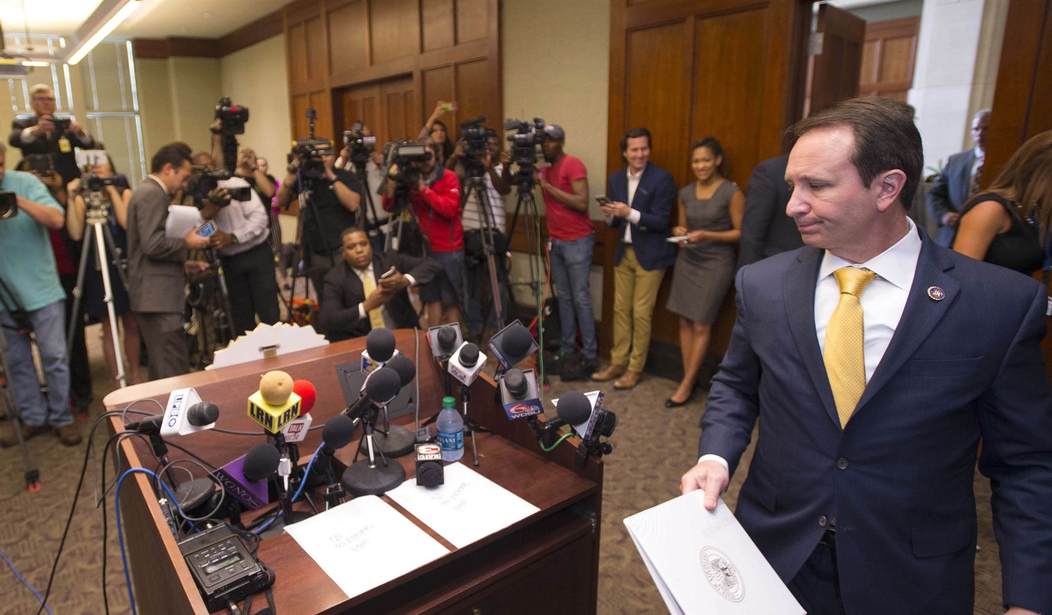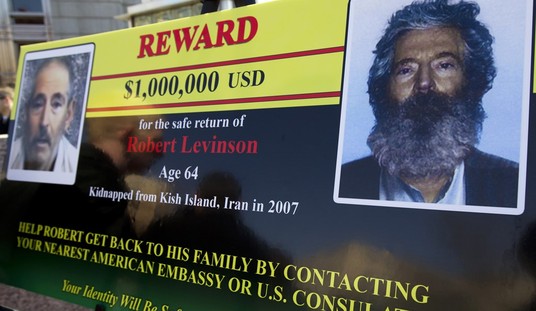On his way out of office, Louisiana's Democrat Governor John Bel Edwards, tried to empty that state's Death Row. He asked the Louisiana Board of Pardons to schedule hearings and commute the sentences of all 56 prisoners awaiting execution to life without parole. Edwards said this was justified because his power as governor was limited to reprieves and stays. “I believe," Edwards said in his August 9 letter, "we must consider further the imperfect nature of the criminal justice system and the actual innocence that has been proven far too often after imposition of the death penalty. Over the last 20 years in Louisiana, there have been six exonerations and more than 50 reversals of sentences in capital cases. Even for those serving a death sentence whose guilt is unquestioned, there are still many more questions than answers.” The Board of Pardons agreed to hold the hearings before Edwards leaves office on January 8.
State Attorney General and Governor-elect Jeff Landry sued the Board to stop and appear to have been successful. This has drawn attention to Landry's own views of the death penalty.
Louisiana hasn't executed a capital prisoner since 2010, when 47-year-old Gerald Bordelon received a lethal injection for the 2002 abduction, sexual assault, and murder of 12-year-old step-daughter Courtney LeBlanc. There was a four-year gap between Bordelon's conviction and his execution despite him waiving all appeals. The death penalty has majority support in Louisiana, but that hasn't stopped efforts to abolish capital punishment — the fifth bill in the last six years to do that was defeated by the state legislature in May 2023 — or make executions nearly impossible by legal maneuvers.
Landry sees things differently. He points out that Texas does have executions and has a murder rate of 8.2 per 100,000, while Louisiana's murder rate is 21.3. Perhaps not a strong argument, considering Mississippi has a murder rate of 23.7 and has carried out ten executions since Louisiana's last.
In a radio interview, Landry said the state had an obligation to see that death sentences were carried out, and "Every time we don't uphold our end of the contract or our promises, it's a further eroding of trust between our citizens and the government." His view has earned him abuse from some predictable places: see Jeff Landry, Louisiana's New Governor, Is an Advocate for Executions. This, I think, is the crux of the issue. Either the death penalty is real, or we are just wearing clown shoes.
There is every reason to expect that Landry will take action to resume executions in Louisiana when he is sworn in on January 8.
I have mixed feelings about the death penalty. I believe some crimes are deserving of death. But I think executing a man 36 years after his conviction is not punishment; rather, it is a mindless, vindictive act by the state. I think way too many prosecutors see a capital conviction as a trophy to forward their career, and they treat the trial where a man's life is at stake as a pee-pee measuring contest and an anything-goes game rather than a search for truth or justice. I think any prosecutor found to have withheld evidence in a capital case should serve a very, very long prison term.
For a punishment to be effective, there must be a finality in the sentence and a certainty of punishment if convicted. It is unacceptable for judges and governors to stymie justice by ignoring the process.
While I appreciate Governor Edwards's critique of the death penalty, I think his solution is nothing short of corrupt. If there is sufficient doubt about the justness of the death penalty to set it aside, imprisoning a man for life because there is doubt about his guilt makes no sense.
I hope as Governor Landry moves forward, he takes some time to reform the system to ensure that any death sentence is based on incontrovertible proof and not on bogus pseudo-scientific evidence.
If capital punishment is to have a credible place in our criminal justice system, everyone must have faith that convicted killers are on death row because they are guilty, not because a prosecutor was trying to run up a body count. And society at large and the affected community must have confidence that the sentence is real and not a con run on them by politicians.














